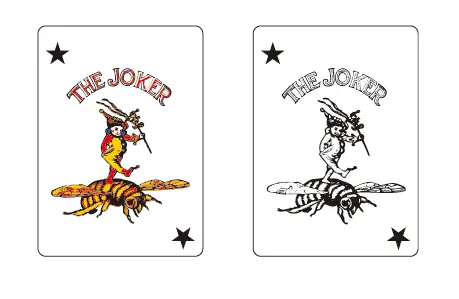Introduction
Playing cards have captivated people for centuries, serving as a medium for entertainment, strategy, and social interaction. From casual family gatherings to intense casino games, their significance in both games and culture is profound. Among the elements that define a deck of playing cards are the four suits: Hearts, Diamonds, Clubs, and Spades. This article explores the historical origins of these suits and their relevance for consumers looking to purchase playing cards.

I. The Evolution of Playing Cards
1. Early History
The origins of playing cards can be traced back to China during the Tang dynasty (618-907 AD). These early cards were created for a variety of games, and they featured unique designs that reflected Chinese culture and society. As playing cards spread to different parts of the world, they underwent significant transformations.
2. Introduction to Suits
The concept of suits emerged as card games evolved. Initially, cards may not have had suits at all, but as they traveled to Europe in the late 14th century, they began to take on standardized forms. The suits we recognize today—Hearts, Diamonds, Clubs, and Spades—were adapted from earlier card games, incorporating various cultural influences.
II. The Four Suits Explained
1. Hearts
The suit of Hearts symbolizes love and emotions, often associated with the heart as a metaphor for affection and passion. Historically, the heart shape is believed to have represented the sacred, connecting to various religious and romantic traditions throughout history.
2. Diamonds
Diamonds represent wealth and commerce. The suit is often linked to material prosperity and success in trade. Its origins may be traced back to the Italian playing cards, where it was depicted as a coin or a merchant’s emblem, reflecting the economic concerns of the time.
3. Clubs
Clubs are associated with agriculture and labor. This suit often symbolizes growth, fertility, and the struggles of the working class. Its design can be traced back to the clover, representing the pastoral lifestyle prevalent in medieval society.
4. Spades
Spades have a more somber symbolism, often related to military and warfare. This suit represents power and conflict, historically associated with swords or weapons. The spade shape itself is reminiscent of a spade tool used in agriculture, further blending themes of battle and labor.
III. Cultural Variations in Suits
1. Regional Differences
As playing cards spread across the globe, different cultures adapted or altered the suits to reflect local traditions. For instance, Tarot cards feature suits that diverge from the standard deck, incorporating symbols and meanings specific to European mysticism.
2. Contemporary Interpretations
Modern designs of playing cards have evolved to reflect cultural identities and artistic expressions. Many playing card manufacturers now offer custom plastic playing cards that highlight regional art styles and personal stories, allowing consumers to connect with the game on a deeper level.
IV. Importance for Consumers
1. Choosing the Right Deck
When purchasing playing cards, it’s essential to consider various factors, such as design, material, and cultural significance. Consumers should seek decks that resonate with their personal tastes or represent their heritage.
2. Customization Options
Today’s market offers numerous opportunities for customization. Consumers can create personalized decks of custom plastic playing cards, ensuring that their unique preferences and styles are represented in their gameplay experience.
3. Quality Considerations
The material quality of playing cards greatly affects durability and gameplay. High-quality materials ensure a better tactile experience, making gameplay more enjoyable and extending the lifespan of the cards.
V. Conclusion
The historical significance of the four suits in playing cards enriches our understanding of this beloved pastime. By exploring their origins and meanings, consumers can better appreciate the designs available today. Whether choosing traditional decks or modern interpretations, understanding the history can enhance the enjoyment of card games.
